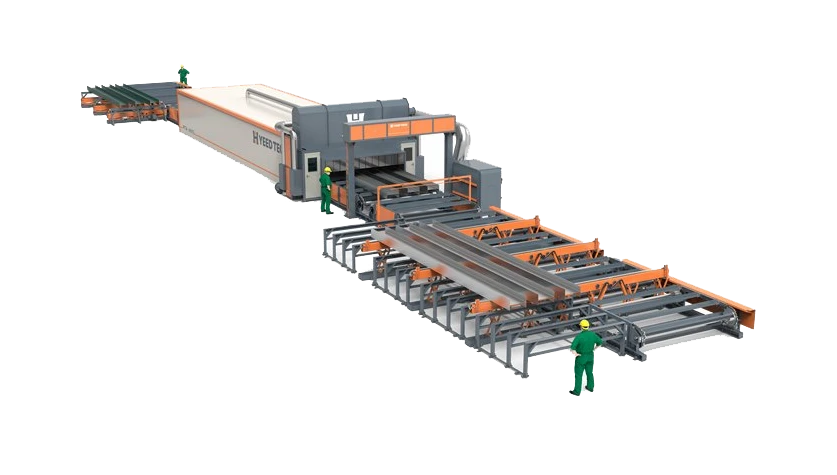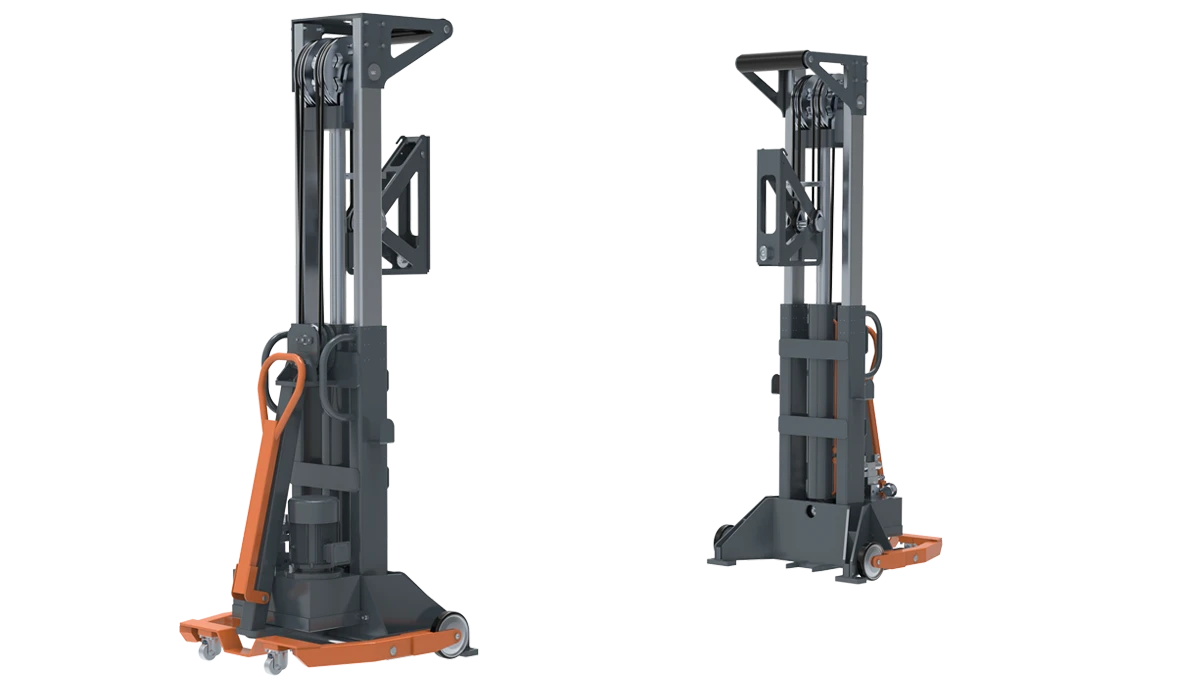
- Afrikaans
- Albanian
- Amharic
- Arabic
- Armenian
- Azerbaijani
- Basque
- Belarusian
- Bengali
- Bosnian
- Bulgarian
- Catalan
- Cebuano
- China
- China (Taiwan)
- Corsican
- Croatian
- Czech
- Danish
- Dutch
- English
- Esperanto
- Estonian
- Finnish
- French
- Frisian
- Galician
- Georgian
- German
- Greek
- Gujarati
- Haitian Creole
- hausa
- hawaiian
- Hebrew
- Hindi
- Miao
- Hungarian
- Icelandic
- igbo
- Indonesian
- irish
- Italian
- Japanese
- Javanese
- Kannada
- kazakh
- Khmer
- Rwandese
- Korean
- Kurdish
- Kyrgyz
- Lao
- Latin
- Latvian
- Lithuanian
- Luxembourgish
- Macedonian
- Malgashi
- Malay
- Malayalam
- Maltese
- Maori
- Marathi
- Mongolian
- Myanmar
- Nepali
- Norwegian
- Norwegian
- Occitan
- Pashto
- Persian
- Polish
- Portuguese
- Punjabi
- Romanian
- Russian
- Samoan
- Scottish Gaelic
- Serbian
- Sesotho
- Shona
- Sindhi
- Sinhala
- Slovak
- Slovenian
- Somali
- Spanish
- Sundanese
- Swahili
- Swedish
- Tagalog
- Tajik
- Tamil
- Tatar
- Telugu
- Thai
- Turkish
- Turkmen
- Ukrainian
- Urdu
- Uighur
- Uzbek
- Vietnamese
- Welsh
- Bantu
- Yiddish
- Yoruba
Welding Fume Composition Analysis
Understanding Welding Fume Components
The welding fume produced during metal fabrication contains complex mixtures of hazardous substances. Our analysis reveals these airborne byproducts vary significantly based on materials and processes, making proper welding fume extractor selection crucial for worker protection.

Chemical Composition of Welding Fume
The welding fume typically contains:
• Metal oxides (iron, manganese, chromium)
• Fluorides from flux materials
• Gaseous byproducts (ozone, carbon monoxide)
• Silica particles from base materials
• Nickel and copper compounds
Benefits of Using Welding Fume Extractors
Modern welding fume extractor systems provide:
• Source-capture of hazardous particles
• Improved air quality in work areas
• Compliance with OSHA regulations
• Reduced health risks for welders
• Increased visibility during welding operations
Advantages of Portable Fume Extractors
Our portable fume extractor solutions offer:
• Flexible positioning near work areas
• HEPA filtration efficiency
• Easy mobility between job sites
• Low maintenance requirements
• Energy-efficient operation

Welding Fume FAQs
Q: What health risks are associated with prolonged exposure to welding fume?
A: Prolonged exposure to welding fume poses several health risks. The fumes, which contain metallic particles (e.g., iron, manganese, chromium) and toxic gases (ozone, nitrogen oxides), can irritate the respiratory system, causing coughing, shortness of breath, or asthma. Long-term exposure may lead to more serious conditions: manganese fumes can damage the central nervous system, while hexavalent chromium (from stainless steel welding) is a known carcinogen linked to lung cancer. Eye and skin irritation are also common, as fumes can carry corrosive byproducts. Proper ventilation and protective equipment are critical to reducing these risks.
Q: How does a welding fume extractor effectively capture fumes at the source?
A: A welding fume extractor captures fumes at the source through strategic design features. It typically uses a flexible hose with a nozzle (positioned 6–12 inches from the weld arc) to create a localized suction zone. High airflow rates (100–1000 CFM, depending on model) pull fumes directly into the extractor before they disperse into the air. Many models include adjustable nozzles—some with built-in LED lights to improve visibility while targeting fumes. Internal filters (HEPA or activated carbon) then trap particles and gases, releasing clean air back into the workspace. For robotic welding, extractors may integrate with the robot arm to maintain optimal nozzle position during automated welds.
Q: What features should I look for in a portable fume extractor for on-site welding jobs?
A: When choosing a portable fume extractor for on-site jobs, prioritize mobility: lightweight designs (under 50 lbs) with sturdy wheels or handles ease transport across uneven terrain. Battery-powered options (with 4–8 hours of runtime) avoid reliance on electrical outlets, critical for remote sites. A compact footprint ensures it fits in tight spaces (e.g., construction trailers or ship holds). Look for a flexible, durable hose (at least 10 feet long) to reach weld points without repositioning the unit. High-efficiency filters (HEPA) and a washable pre-filter reduce maintenance stops, while a built-in spark arrestor prevents fire risks from hot particles. Easy filter access simplifies replacements in the field.
Q: How often should filters in a welding fume extractor be replaced to maintain efficiency?
A: Filter replacement frequency in a welding fume extractor depends on usage and fume type. Pre-filters (for large particles) need replacement every 2–4 weeks in heavy-use scenarios (8+ hours daily). HEPA filters, which trap fine metallic particles, typically last 3–6 months under similar conditions but may need changing sooner if welding materials like stainless steel (producing abrasive fumes) are used. Signs of clogged filters include reduced airflow, increased noise from the fan, or visible dust buildup. Some advanced extractors have pressure sensors that alert users when airflow drops below optimal levels, ensuring timely replacements to maintain efficiency.
Q: Can a portable fume extractor handle fumes from different welding processes (e.g., MIG, TIG, arc welding)?
A: Yes, a well-designed portable fume extractor can handle fumes from various welding processes with minor adjustments. MIG welding, which produces high-volume fumes, benefits from higher airflow settings (400–600 CFM) and a wide nozzle to capture dispersed particles. TIG welding, with lower fume output but finer particles, works with lower airflow (100–300 CFM) and a focused nozzle near the arc. Arc welding fumes, which often contain thicker smoke, may require a pre-filter upgrade to prevent clogging. Many portable models offer adjustable airflow and interchangeable nozzles to adapt to different processes, making them versatile for workshops or job sites with varied welding needs.
Welcome to Yeed Tech Co., Ltd. https://www.yeeeed.com/ – where steel meets smarts, and tradition gives way to innovation. As pioneers in intelligent steel structure solutions, we’re redefining what’s possible in cutting, forming, welding, and painting.
Our lineup – from smart spraying lines to high-power laser cutters, and welding arms to smoke control systems – isn’t just equipment. It’s a promise to replace manual labor with precision, safety with efficiency, and guesswork with automation.
Driven by our philosophy to boost steel processing intelligence, we blend R&D, production, and software into tools that transform workflows. Whether you’re scaling up or refining processes, we’re here to make your steel production smarter, smoother, stronger.
Step into the future of steel structure manufacturing. Your journey with YEED TECH starts now – where every machine is a step toward smarter production.
Products Categories
Latest News
-
Unveiling the World of Container Handling Equipment in the Marketplace
NewsAug.27,2025 -
Unlocking the Potential of Container Lifting Equipment
NewsAug.27,2025 -
Essential Equipment in Container Handling: A Comprehensive Overview
NewsAug.27,2025 -
Efficient Solutions for Shipping Container Manipulation
NewsAug.27,2025 -
Efficient Solutions for Container Handling: Equipment Insights
NewsAug.27,2025 -
Efficient Solutions for Container Handling: A Comprehensive Overview
NewsAug.27,2025 -
Welding Fume Collectors Installation Guide
NewsAug.26,2025











